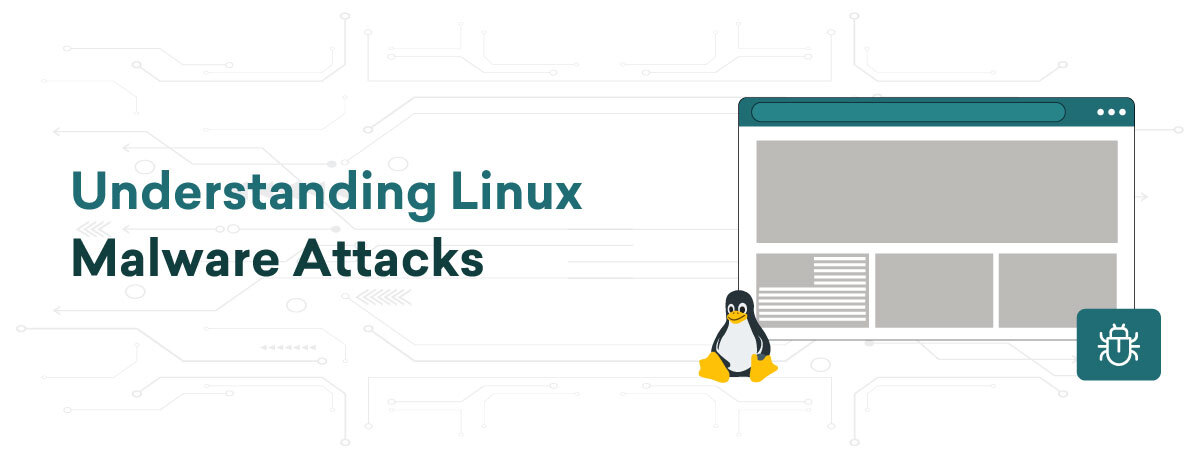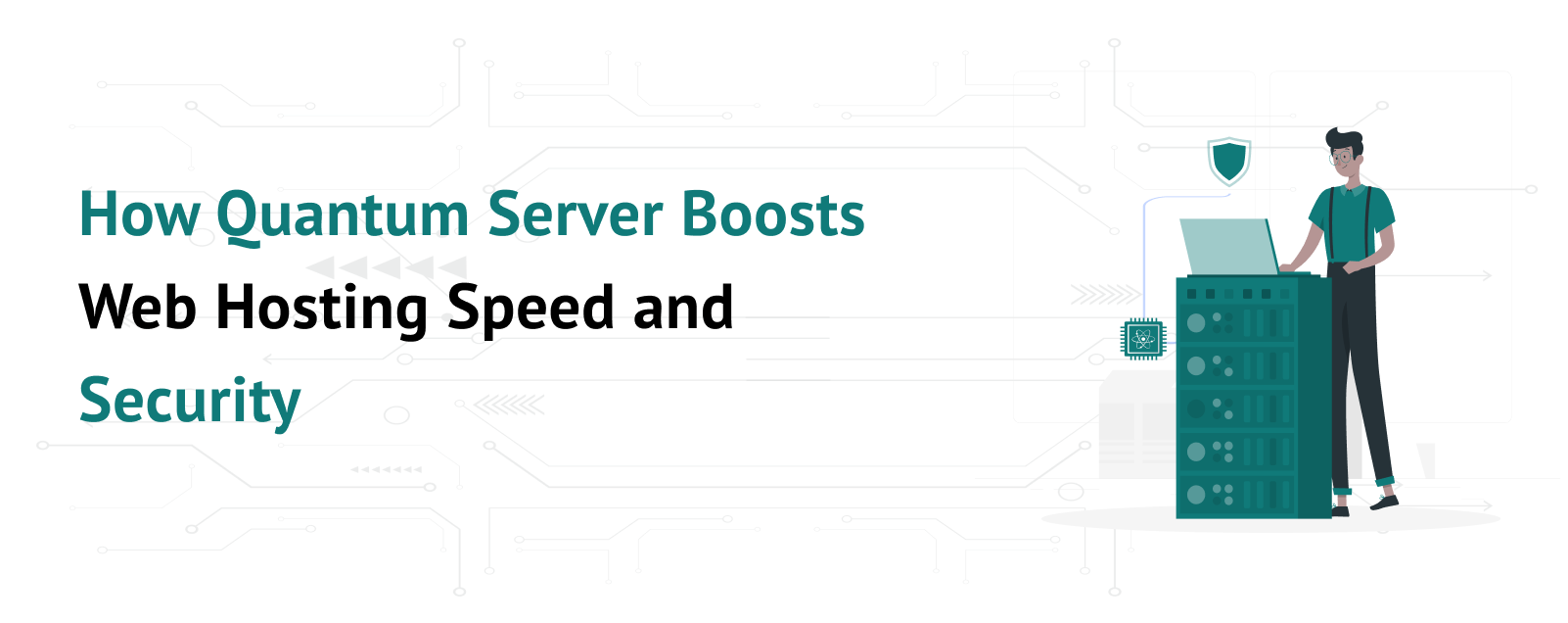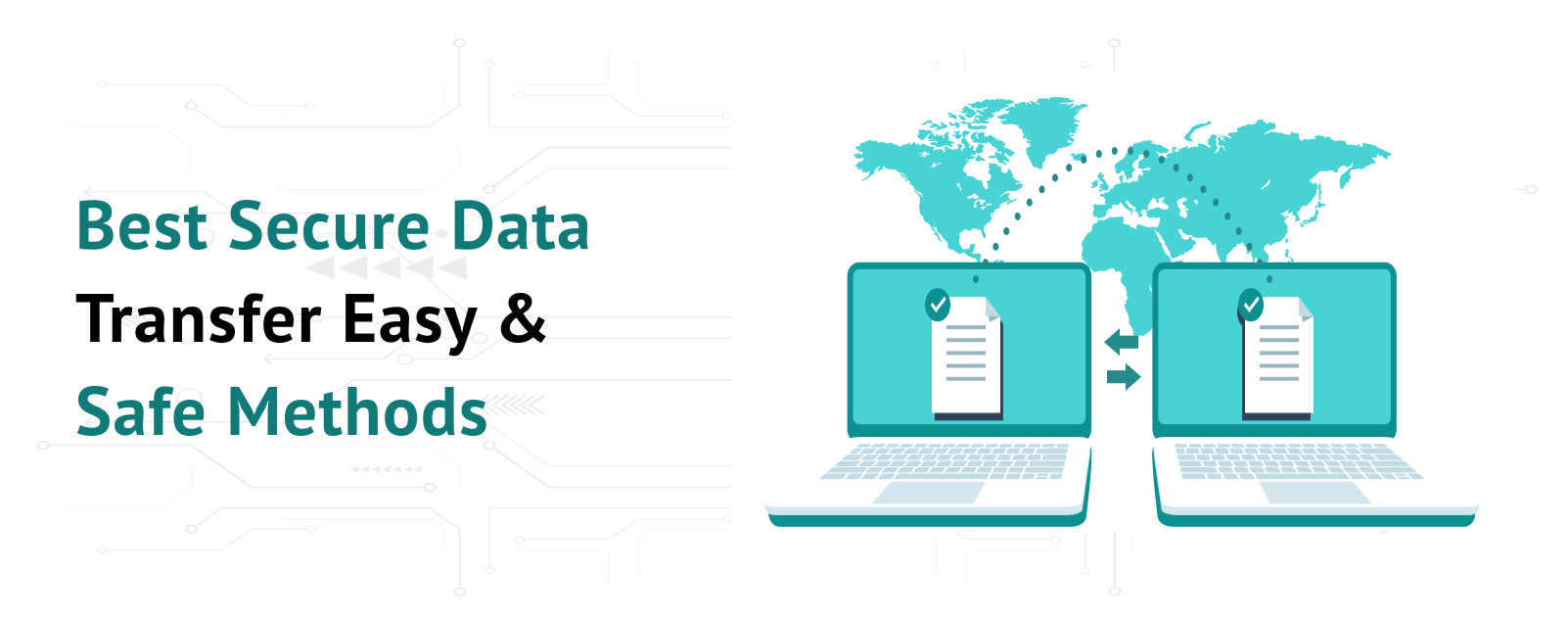Table of Contents
Linux malware attacks: Means what?
The prevalence of Linux as the operating system for most modern cloud environments has led to a notable increase in malware attacks targeting Linux Hosting systems. Threat actors penetrating these environments can compromise a wide range of sensitive assets, employing ransomware to inflict significant harm on critical infrastructure.
In recent years, cybercriminals have increasingly targeted Linux-based systems to infiltrate networks and compromise essential infrastructure. Exploiting vulnerabilities and authentication issues, these attacks have proven distressingly successful and are evolving rapidly. Strains of malware tailored for Linux Hosting platforms, including trojans and ransomware, have seen a notable surge in recent years.
Types of Linux Hosting malware attacks to watch for
With a growing number of organizations shifting towards cloud-hosted environments relying on Linux, the trend of Linux malware attacks is expected to rise. As Linux-targeted malware becomes increasingly sophisticated, organizations must recognize prevalent attack types and implement effective defence strategies.
In this regard, let’s explore some of the primary Linux malware variants to remain vigilant against.
Malware targeting VM images
Recently, ransomware groups have turned their attention to identifying vulnerabilities in Linux-based environments, marking a concerning trend. While the quality of many malware samples remains unremarkable, dangerous factions like Hive, Conti, among others, are actively enhancing their malware capabilities.
Ransomware attacks targeting cloud-hosted environments are meticulously orchestrated, with skilled threat actors seeking to fully compromise systems before initiating file encryption. Notably, cybercriminals are now honing in on virtual machine images utilized for workloads, indicating a strategic shift towards targeting valuable resources in cloud environments to maximize impact.
Fortunately, certain platforms offer defenses against Linux malware attacks across cloud-based and on-premises environments. Leveraging machine learning and artificial intelligence, these platforms provide organizations with enhanced visibility and context to detect and mitigate malware threats effectively. Given the expected growth in the machine learning market, it’s likely that more platforms will adopt these advanced technologies to combat evolving malware threats.
Cryptojacking
Among Linux Hosting-targeted malware attacks, cryptojacking emerges as a pervasive threat. Cybercriminals stand to profit significantly from crypto-jacking schemes, exploiting victims’ computational resources to generate cryptocurrency.
The public became acutely aware of cryptojacking following an incident involving Tesla’s public cloud. Exploiting a lack of password protection in the company’s Kubernetes console, hackers infiltrated the system, gaining access to sensitive data.
Gangs employing cryptojacking malware often target victims using default password lists or exploiting vulnerabilities in poorly secured systems. Once the malware is deployed, threat actors can clandestinely mine cryptocurrency, with the infected devices typically exhibiting performance degradation without the user’s knowledge.
To combat cryptojacking, organizations should monitor for indicators such as sudden spikes in CPU usage and device overheating. Deploying antivirus software can thwart malicious attempts and facilitate early detection of crypto-jacking attacks.
State-sponsored malware
Security analysts tracking nation-state entities have noted an intensified focus on attacking Linux environments. The ongoing conflict between Russia and Ukraine appears to fuel this surge in Linux-targeted malware.
Past media coverage has implicated Russia in cyberattacks following its Crimea invasion and subsequent incidents in Ukraine. These attacks, purportedly aimed at disrupting communications, continue to be attributed to Russian state-backed cybercriminal groups, causing concern among Western governments.
Companies diligently monitoring the Russia-Ukraine conflict have documented instances of Solaris and Linux worms leveraging the Secure Shell Protocol and compromised access credentials to propagate rapidly. These attacks aim to obliterate sensitive data stored within file systems and databases.
Fileless attacks
Security experts have identified cybercriminal groups employing the open-source Ezuri tool, written in Golang, to encrypt malicious code. This malicious code operates from memory after decryption, leaving no traces on the disk. Consequently, it becomes highly challenging for antivirus software to detect.
The primary group utilizing this file-less attack technique is known as TeamTNT. They target improperly configured Docker-based systems, leveraging this approach to install cryptocurrency miners and DDoS bots.
Strategies for Preventing Malware Attacks
To shield against Linux-targeted malware, developers and system administrators should prioritize avoiding the trap of overcommitting their attention. It’s crucial to resist rushing tasks and foster an atmosphere that promotes skepticism towards community-sourced code.
Cybercriminals exploit lapses in this “attention economy” and patiently wait for vulnerabilities, like a developer inadvertently exposing a container deployment to the public, which can serve as a launching pad for further attacks.
Organizations must meticulously manage security group settings and firewalls on their Linux Hosting servers to prevent unauthorized access to deployed applications. Linux Hosting-targeted malware thrives in server environments, consumer devices, specialized operating systems, and virtual setups. Thus, investing in comprehensive and strategic security measures is imperative to safeguard these assets effectively.
Conclusion
In summary, grasping the intricacies of Linux Hosting malware attacks is crucial for implementing effective defence strategies. By staying vigilant, adopting cautious practices, and investing in robust security measures, individuals and organizations can mitigate the risks posed by such threats and safeguard their systems and data.



